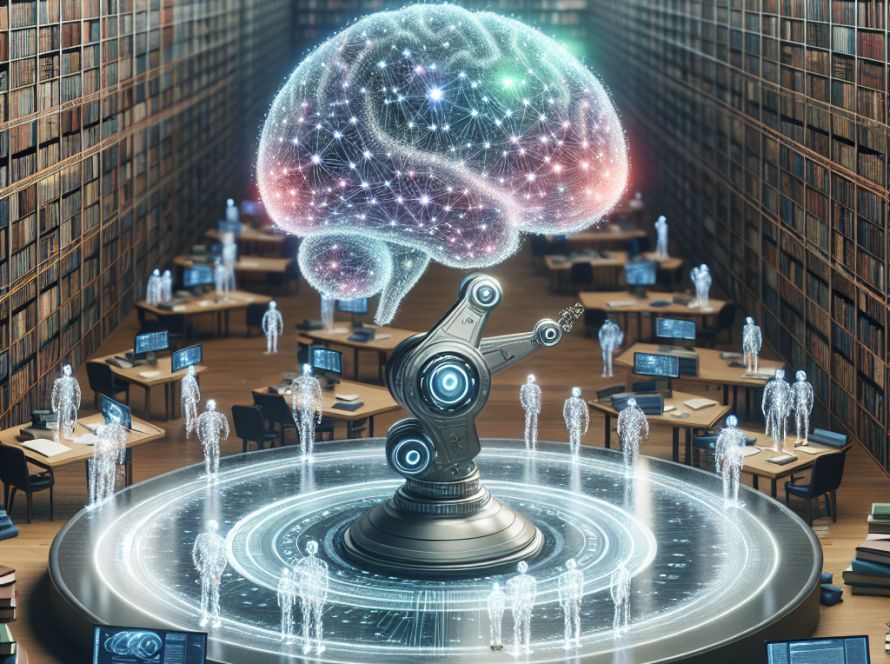The Vesuvius Challenge, inaugurated last year, has reached a noteworthy milestone with a set of students translating writings from an ancient Greek scroll damaged by fire. The scrolls, known as the Herculaneum scrolls, form the sole surviving ancient library. These invaluable historical scrolls, discovered in a Roman villa in Herculaneum, Italy, became carbonized ash and have stayed mainly inaccessible due to their delicate state.
Among the initial participants of the challenge were Luke Farritor, a computer science student at the University of Nebraska-Lincoln, and Youssef Nader, a machine learning PhD student at Freie University in Berlin. Farritor and Nader were able to discern some letters on the scrolls, winning them prizes of $40,000 and $10,000 respectively. Julian Schilliger, a robotics student at ETH Zürich, then developed an automated tool to segment the scrolls.
By joining forces, Farritor, Nader, and Schilliger developed an AI system that won the Vesuvius Challenge and the grand prize of $700,000, to be shared among them. Their winning submission comprised four extracts, each having 140 characters, where at least 85% of the characters could be identified by professional papyrologists. The submission also contained an additional 11 columns of text.
The translated content, which deals with universal experiences of pleasure, is linked with the Epicurean school of philosophy and provides insights into the library of Epicurus follower, Philodemus. Kenneth Lapatin, a curator at the J. Paul Getty Museum, expressed amazement at this achievement, calling it the realization of a once impossible dream.
In the past, the attempt to unlock the Herculaneum Scrolls had been filled with obstacles, as these delicate artifacts couldn’t be physically unrolled. Last year, Dr. Casey Handmer’s contribution to the challenge was recognizing a “crackle” texture that resembled Greek letters in the CT scans of the scrolls. Using machine learning, Farritor turned this discovery into an AI model that divulged the Greek word for ‘purple’. Then, Nader offered clearer images of the text, giving another push to the challenge.
The Vesuvius Challenge now continues with a goal to decipher 85% of one of the scrolls. This advancement exemplifies the modern usage of AI and machine learning in unlocking ancient mysteries.


